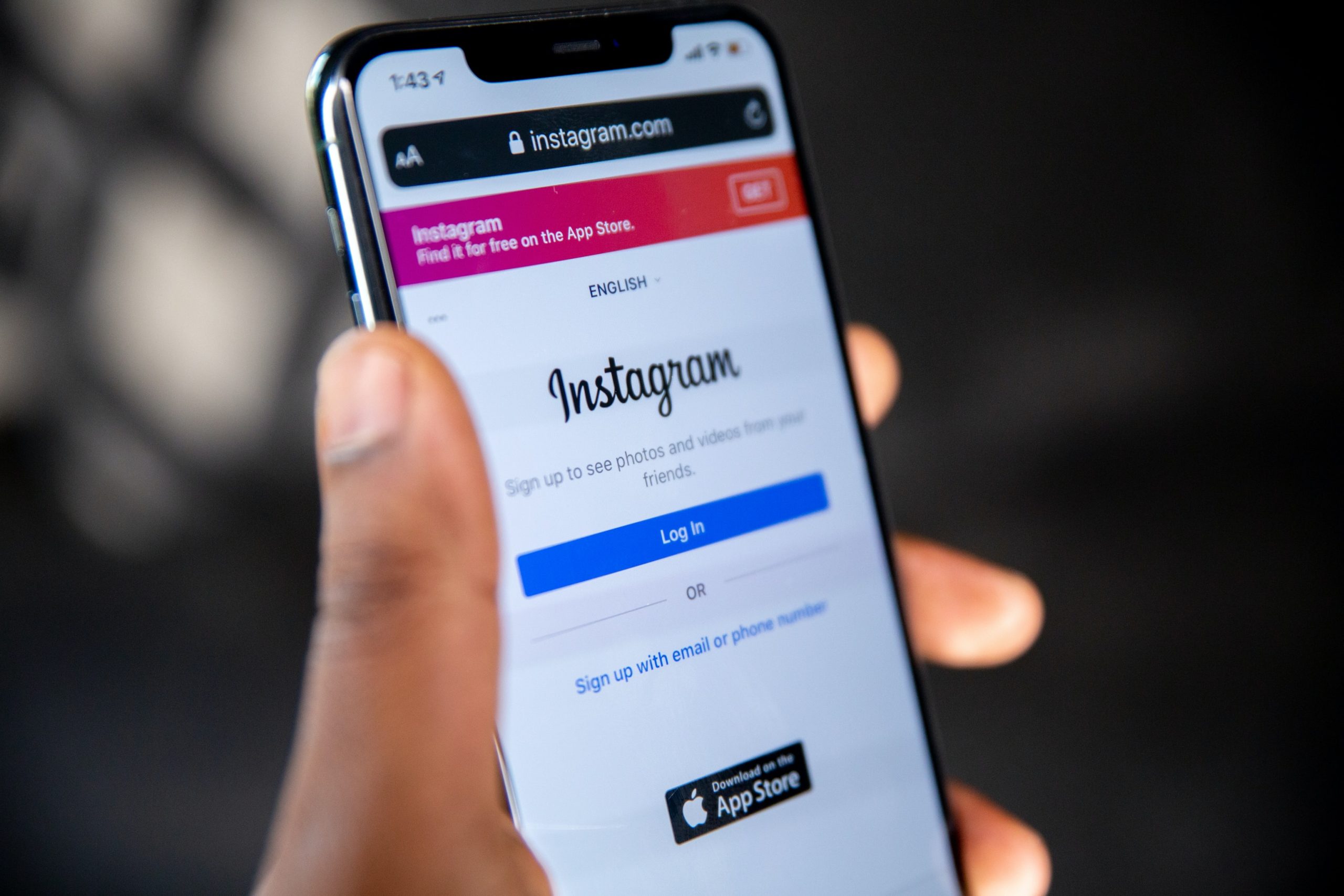Press Releases
1 in 3 social media users say influencers are strong advocates for addiction awareness, reveals survey.
Love ‘em or hate ‘em, social media influencers have a stronghold over many young people who use them as inspiration – or aspiration – in their daily lives. From makeup tutorials, high-street fashion trends, recipes for baked oats or the infamous tortilla hack, the internet can make nearly any topic go viral – including substance use awareness. The tag #sober currently has more than 3.2 million posts on Instagram and #soberlife has over 1.7 million, which indicates the power of social media when it comes to conversations about addiction and recovery.
LagunaTreatment.com conducted a survey of 3,000 social media users and found that 1 in 3 (32%) Americans who use these platforms say influencers are strong advocates for addiction awareness and substance abuse prevention. Women (38%) felt more strongly about this than men (30%).
More than a third of respondents believe celebrities have a social responsibility to promote a clean, substance-free lifestyle, given the spectrum of their following. Actor, comedian and writer, Russell Brand, is arguably one of the most visible sobriety influencers on Instagram with more than 2.4 million users following his account. Along with Commune, an online recovery course supported by guided workshops, Brand has also written books and has a podcast dedicated to recovery and health. This is an example of a celebrity using their influential power in a positive, educational manner to destigmatize these kinds of discussions.
When it comes to sharing research-based and scientific information on social media, rampant misinformation can make it very difficult. In fact, during the pandemic, Instagram updated their moderation policy as part of an attempt to prevent the spread of misinformation. For this reason, it makes sense why 1 in 5 people think influencer posts promoting addiction awareness should be accompanied by links to medically-approved sources on the topic.
An analysis of top celebrity accounts featuring alcohol or cannabis use found that three members of the Kardashian family ranked the highest among TV personalities for mentions of these substances. While the Kardashians have a range of business products that appeal to many demographics, there is a particular focus aimed at teenagers and young adults, meaning these groups are consuming the content as well. The survey also found that three-quarters of parents say they would stop their child from following an influencer who glamorizes drug use.
Of its over 600 million users, around 55% of Instagram profiles belong to people between the ages of 18 and 29. Given that many impressionable young people have access to the internet and social media platforms, nearly half (42%) of respondents also say social media companies should have stricter policies on celebrities and influencers glamorizing drugs and alcohol.
Although some believe that personalities with large social media followings should promote positive lifestyles, the survey found that 86% say celebrities and influencers should not be allowed to give out medical advice on their social media platforms.

